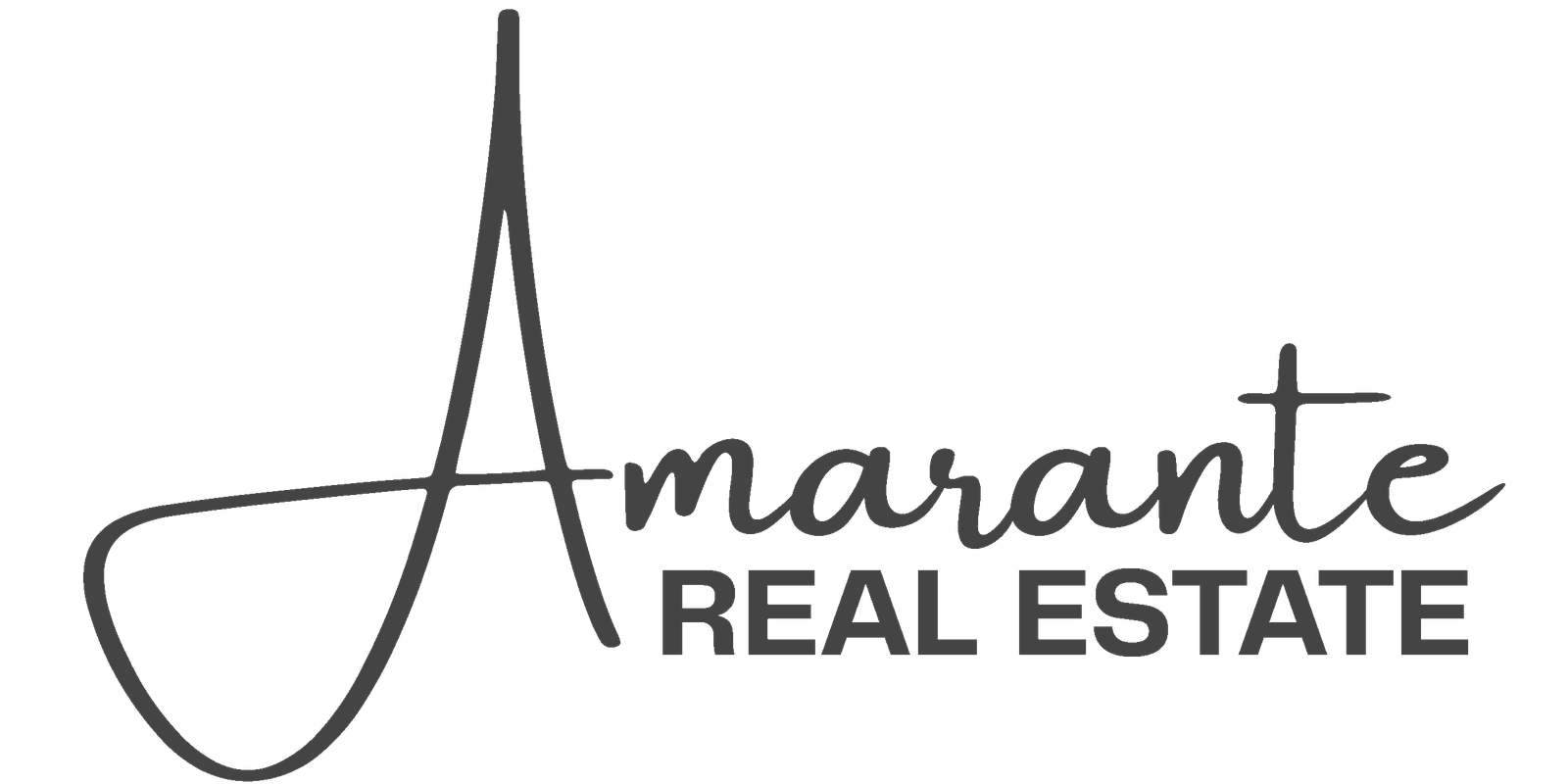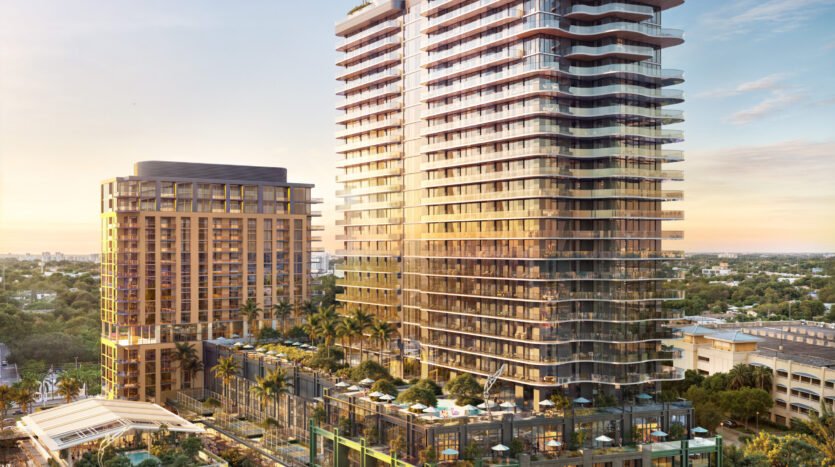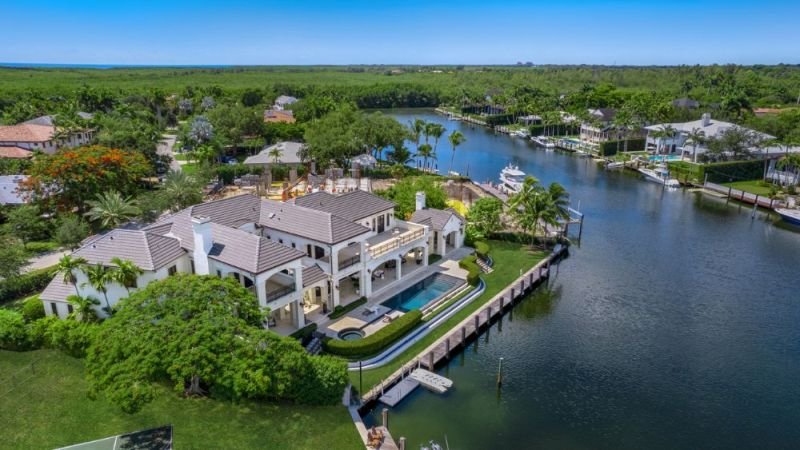New Florida Condo Laws
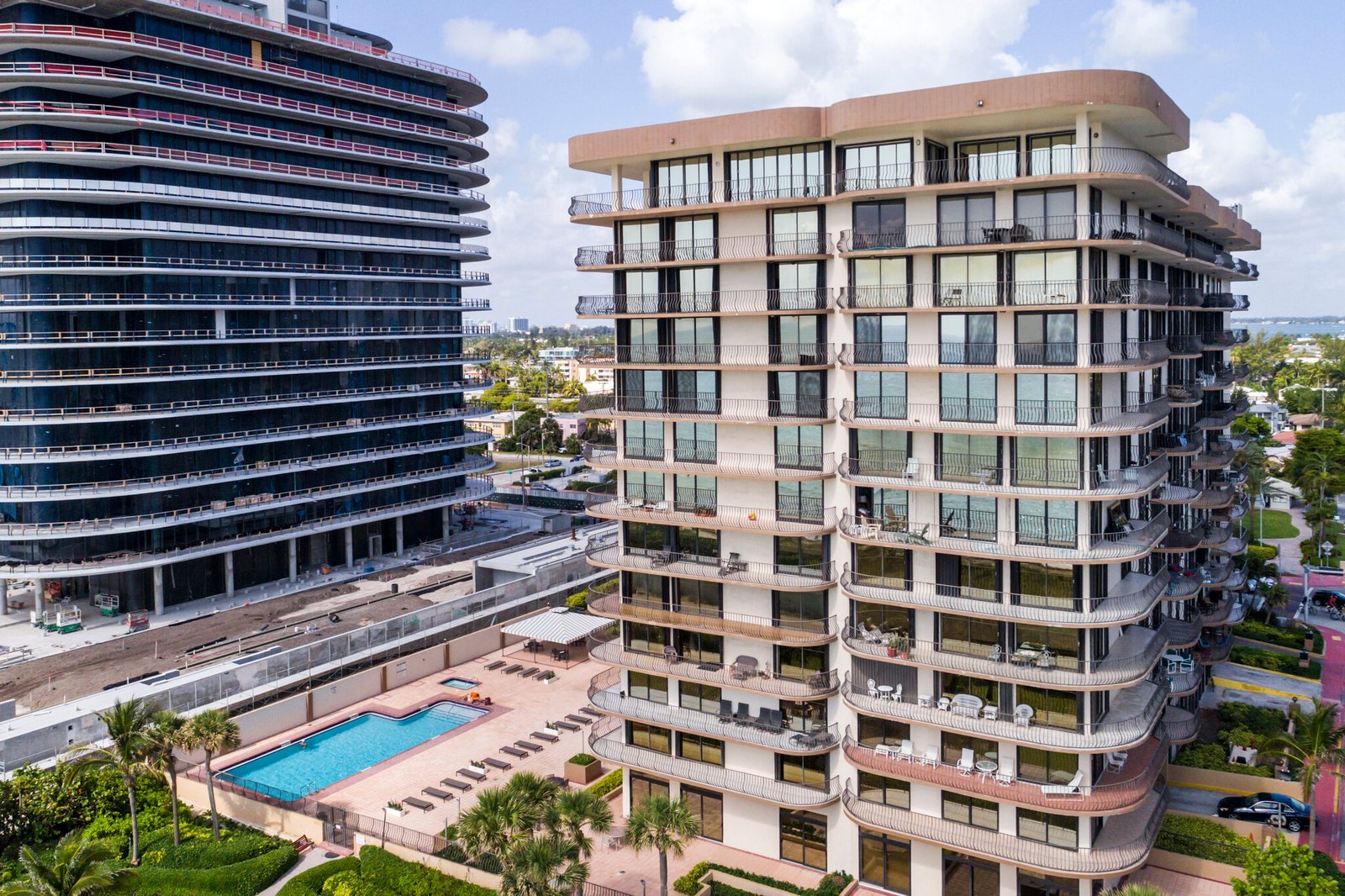
New Florida Condo Laws Reshape HOA Landscape: What HB 913 & HB 393 Mean for Owners and Buyers
In the wake of the tragic Surfside collapse, Florida lawmakers promised sweeping reforms to protect condo residents and ensure building safety. Those promises have now materialized into law—but the consequences are far more complex than anyone anticipated. Two major bills signed in 2025, HB 913 and HB 393, represent the most significant overhaul of Florida's condominium governance in decades, affecting hundreds of thousands of owners, billions of dollars in property values, and the fundamental economics of condo living in the Sunshine State.
For prospective condo buyers, these laws create new due diligence requirements and potential financial landmines. For current owners, they bring both relief and risk—extended timelines for compliance, but also new pathways for associations to accumulate debt. For real estate investors, they reshape the calculus of condo investments entirely. Understanding these reforms isn't optional—it's essential for anyone participating in Florida's condo market.
The Double-Edged Sword: While HB 913 and HB 393 provide financial flexibility and extended timelines for struggling associations, they also create mechanisms for associations to accumulate significant debt—potentially shifting today's financial burden onto tomorrow's owners through loans, lines of credit, and deferred maintenance.
Understanding the Legislative Response: From Surfside Tragedy to Statewide Reform
The Catalyst: Surfside and the Safety Crisis
The June 24, 2021 collapse of Champlain Towers South in Surfside killed 98 people and exposed systemic failures in Florida's condo oversight. Investigations revealed years of deferred maintenance, inadequate reserves, and governance dysfunction that allowed a structurally compromised building to remain occupied. The tragedy sparked immediate calls for reform, resulting in initial legislation that mandated structural integrity reserve studies (SIRS) and stricter building inspections.
However, the original reforms created unintended consequences. Associations faced crushing financial burdens as reserve studies revealed decades of deferred maintenance. Special assessments of $50,000, $100,000, or more per unit became common. Some owners, particularly retirees on fixed incomes, faced impossible choices: pay assessments they couldn't afford or sell units that had become unmarketable.
The Political Pressure:
By 2024, the political backlash was undeniable. Condo owners—a powerful voting bloc in Florida—demanded relief from what they viewed as overly aggressive timelines and requirements. Lawmakers faced pressure to balance safety with affordability, leading to the compromise legislation embodied in HB 913 and HB 393.
What HB 913 and HB 393 Actually Do
The new laws represent a recalibration—extending deadlines, raising thresholds, and providing financing options while maintaining core safety requirements. Here's what changed:
- Extended SIRS Deadlines: Associations now have more time to complete structural integrity reserve studies, with phased implementation based on building age and size.
- Raised Cost Thresholds: The minimum cost for items requiring reserve study inclusion increased from $10,000 to $25,000, reducing the number of components associations must fund.
- New Financing Options: Associations can now secure lines of credit and loans to fund reserves and repairs, rather than relying solely on special assessments.
- Enhanced Governance Protections: Electronic voting requirements, transparency mandates, and owner notification provisions strengthen accountability.
- Reporting Requirements: Beginning October 1, 2025, associations must file detailed financial reports with the state, creating public transparency into reserve funding levels.
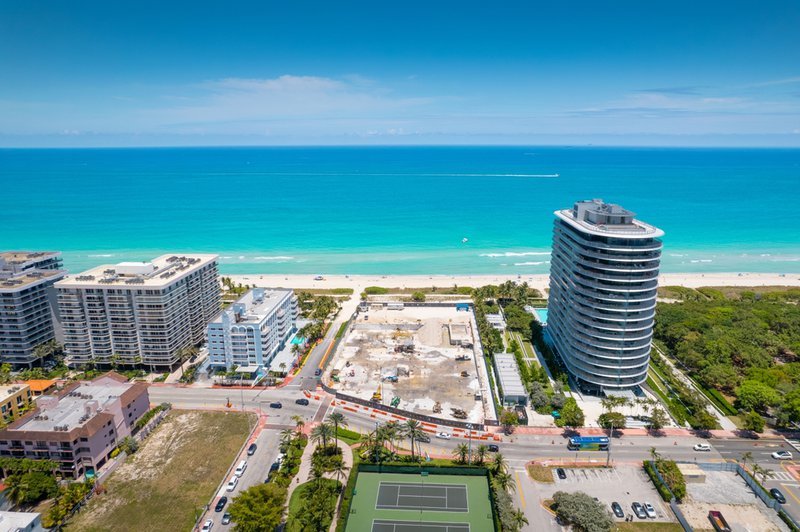
Florida's waterfront condo communities face new financial and governance requirements under HB 913 and HB 393
The Financial Impact: Relief, Risk, and Long-Term Consequences
Short-Term Relief: Extended Timelines and Higher Thresholds
For associations struggling to meet the original post-Surfside requirements, HB 913 and HB 393 provide meaningful breathing room. The extension of SIRS deadlines allows associations to phase capital improvements over longer periods, reducing the immediate financial shock. The increase in the cost threshold from $10,000 to $25,000 means fewer building components require reserve funding, lowering monthly assessment increases.
Example: Roof Replacement Scenario
Under the old rules, a building with a $15,000 roof section replacement would need to include it in reserve studies. Under HB 913, if that component now costs less than $25,000, it may be excluded, reducing required reserves. However, this also means the association may face an unexpected special assessment when that roof section fails.
The Debt Trap: Financing Options and Long-Term Risk
Perhaps the most controversial provision in the new laws is the authorization for associations to secure lines of credit and loans to fund reserves and repairs. Proponents argue this provides flexibility and avoids devastating special assessments. Critics warn it creates a debt trap that shifts financial burdens to future owners.
⚠️ Critical Concern for Buyers:
When evaluating a condo purchase, you must now investigate not just reserve levels and pending special assessments, but also association debt. A building may appear financially healthy with adequate reserves, but if those reserves were funded through loans, future owners will bear the repayment burden through higher monthly fees—potentially for decades.
The mechanics of association financing create several risks:
- Interest Rate Exposure: Associations borrowing at variable rates face payment increases if interest rates rise, forcing fee hikes or additional assessments.
- Credit Quality Concerns: Associations with poor financial health may only qualify for high-interest loans, compounding their financial stress.
- Debt Service Burden: Monthly loan payments reduce available funds for ongoing maintenance, potentially creating a cycle of deferred upkeep.
- Marketability Impact: Units in buildings with significant association debt may become harder to sell or finance, as lenders scrutinize building financial health.
The Reserve Study Threshold: Hidden Consequences
Raising the reserve study threshold from $10,000 to $25,000 seems like a technical adjustment, but it has profound implications. Components that fall below the threshold don't require funded reserves, meaning associations can legally operate without setting aside money for their replacement or repair.
This creates a two-tier system:
Tier 1: Major Components (>$25K)
Roofs, structural elements, elevators, HVAC systems—these must be studied, funded, and maintained according to strict timelines.
Tier 2: Minor Components (<$25K)
Smaller building systems, amenities, and infrastructure may not require reserves, creating potential for surprise special assessments when they fail.
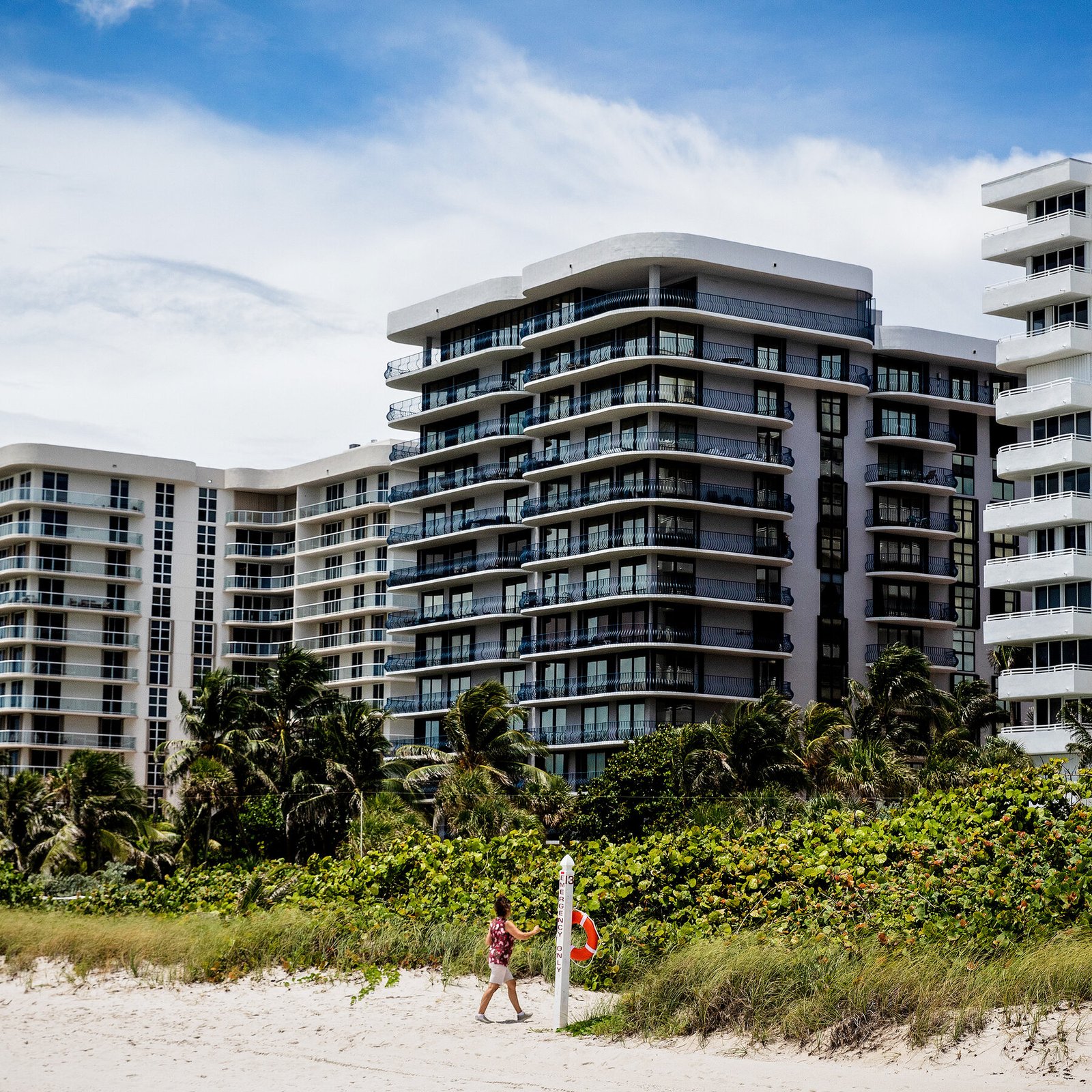
Miami Beach condo towers must navigate new reserve requirements and governance standards under Florida's reformed laws
Governance and Transparency: Enhanced Protections and New Requirements
Electronic Voting and Owner Participation
HB 913 and HB 393 mandate electronic voting options for association elections and major decisions, addressing longstanding complaints about low participation and governance dysfunction. Associations must now provide online voting platforms, making it easier for owners—particularly those who don't reside in their units—to participate in governance.
This seemingly minor provision could have major implications:
- Increased Participation: Easier voting may lead to higher turnout, potentially shifting power dynamics within associations.
- Investor Influence: Non-resident owners and investors may now participate more actively, changing voting patterns on assessments and spending.
- Accountability Pressure: Boards face greater scrutiny when more owners can easily vote on budgets, contracts, and policy decisions.
Financial Transparency and Reporting
Beginning October 1, 2025, associations must file detailed financial reports with the state, including:
- Reserve fund balances and funding percentages
- Outstanding loans and lines of credit
- Pending special assessments
- Delinquency rates and collection actions
- Major contracts and vendor relationships
This creates unprecedented transparency—but also potential market consequences. Buildings with poor financial health will now have that information publicly available, potentially affecting property values and marketability.
The Information Advantage: Savvy buyers and investors can now access state-filed financial reports to identify buildings with strong reserves and governance versus those with financial stress and deferred maintenance. This information asymmetry will create winners and losers in the condo resale market.
What This Means for Condo Buyers: New Due Diligence Requirements
The Expanded Buyer Checklist
If you're considering buying a condo in Miami or anywhere in Florida, your due diligence process just became significantly more complex. The new laws create additional factors you must investigate before closing:
Essential Documents to Request:
- Structural Integrity Reserve Study (SIRS): When was it completed? What deficiencies were identified? What's the funding timeline?
- Reserve Fund Analysis: What percentage of required reserves are currently funded? Is the association on track to meet legal requirements?
- Debt Disclosure: Does the association have outstanding loans or lines of credit? What are the terms, interest rates, and repayment schedules?
- Special Assessment History: What assessments have been levied in the past 5 years? Are any pending or anticipated?
- Building Inspection Reports: Request the most recent 40-year (or 50-year) recertification inspection and any follow-up reports.
- Financial Statements: Review the past 3 years of audited financials, focusing on reserve contributions, delinquency rates, and operating expenses.
- Meeting Minutes: Read board meeting minutes for the past year to understand ongoing issues, disputes, and planned projects.
Red Flags That Should Stop a Purchase
Certain warning signs should give any buyer serious pause—or cause them to walk away entirely:
⚠️ Deal-Breaker Red Flags:
- Underfunded Reserves: If the association is funding less than 50% of required reserves, expect major special assessments.
- Deferred SIRS Compliance: Buildings that haven't completed required studies or are significantly behind schedule face regulatory and financial risk.
- High Delinquency Rates: If more than 10% of owners are delinquent on fees, the association may lack funds for essential maintenance.
- Significant Association Debt: Buildings with loans exceeding 25% of annual operating budgets face long-term financial stress.
- Pending Litigation: Lawsuits against the association—particularly related to construction defects or structural issues—create financial and legal uncertainty.
- Failed Inspections: Buildings that failed 40-year or 50-year recertification require immediate and expensive repairs.
Financing Challenges for Buyers
Even if you're willing to accept the risks, your lender may not be. Mortgage underwriters now scrutinize condo association finances more carefully, and buildings with financial problems may be non-warrantable—meaning conventional financing isn't available.
Lenders typically decline financing when:
- Reserve funding falls below 10% of the annual budget
- More than 15% of owners are delinquent on fees
- The association is involved in significant litigation
- Pending special assessments exceed certain thresholds
- The building has failed required inspections
This creates a vicious cycle: buildings with financial problems can't attract buyers with conventional financing, reducing the buyer pool to cash purchasers and further depressing values.
What This Means for Current Condo Owners: Navigating the Transition
Understanding Your Association's Compliance Status
If you currently own a Florida condo, you need to understand where your association stands relative to the new requirements. Contact your board or management company and ask:
- Has the required SIRS been completed? If not, when is it scheduled?
- What deficiencies were identified in the SIRS?
- What is the funding plan to address identified issues?
- Are special assessments anticipated? If so, how much and when?
- Is the association considering financing options (loans or lines of credit)?
- What is the current reserve funding percentage?
Participating in Governance: Your Voice Matters
The new electronic voting requirements make it easier than ever to participate in association governance. This isn't just a convenience—it's an opportunity to influence decisions that will affect your property value and monthly costs for years to come.
Key Decisions Requiring Owner Involvement:
- Financing Decisions: Should the association borrow money or levy special assessments? Each option has different long-term implications.
- Maintenance Priorities: Which repairs should be prioritized? Deferring some maintenance may be acceptable; deferring structural work is not.
- Budget Approvals: Are reserve contributions adequate? Is the association spending responsibly on operations?
- Board Elections: Are board members qualified, engaged, and acting in owners' best interests?
Selling Considerations: Disclosure and Marketability
If you're considering selling your condo, the new laws create additional disclosure obligations and marketability challenges. Florida law requires sellers to provide buyers with association financial documents, and buyers are now more sophisticated about what to look for.
To maximize your unit's marketability:
- Proactive Disclosure: Provide all required documents upfront, demonstrating transparency and building buyer confidence.
- Association Advocacy: Work with your board to ensure compliance with new requirements and maintain strong financial health.
- Realistic Pricing: Units in buildings with financial challenges or deferred maintenance must be priced accordingly.
- Professional Representation: Work with agents who understand the new laws and can effectively communicate your building's strengths to buyers.
What This Means for Investors: Recalculating Condo Investment Returns
The New Risk-Return Equation
For real estate investors, HB 913 and HB 393 fundamentally alter the economics of condo investments. The potential for special assessments, association debt, and financing challenges creates new risks that must be factored into return calculations.
Investor Due Diligence Checklist:
- Reserve Analysis: Calculate the gap between current reserves and required levels. Estimate the cost to close that gap.
- Debt Service Impact: If the association has loans, calculate the monthly debt service and how it affects operating budgets.
- Rental Restrictions: Some associations are tightening rental restrictions in response to financial stress. Verify your ability to rent the unit.
- Insurance Costs: Florida's insurance crisis affects condos too. Verify the association's insurance costs and any pending increases.
- Exit Strategy: Can you sell the unit easily if needed? Buildings with financial problems have limited buyer pools.
Opportunity in Distress: Value-Add Strategies
While the new laws create risks, they also create opportunities for sophisticated investors willing to navigate complexity:
- Distressed Building Acquisitions: Buildings with financial problems trade at discounts. Investors who can solve governance and financial issues can create significant value.
- Board Participation: Active investors who join boards and drive improvements can enhance building financial health and property values.
- Bulk Purchases: Acquiring multiple units in a single building provides voting power to influence association decisions.
- Value-Add Renovations: In buildings with strong fundamentals but deferred unit-level maintenance, renovated units command premiums.
Expert Guidance: How Amarante Real Estate Can Help You Navigate the New Laws
Specialized Knowledge for Complex Transactions
The new Florida condo laws create complexity that requires specialized expertise. At Amarante Real Estate Services, we've invested heavily in understanding HB 913 and HB 393 and their practical implications for buyers, sellers, owners, and investors.
Our team provides:
- Document Review and Analysis: We review association financials, reserve studies, and inspection reports to identify risks and opportunities.
- Building Financial Health Assessment: We evaluate reserve funding levels, debt obligations, and compliance status to determine true building financial health.
- Negotiation Strategy: We use building financial information to negotiate price adjustments, seller concessions, or repair credits.
- Lender Coordination: We work with lenders to address warrantability concerns and secure financing for units in complex situations.
- Market Intelligence: We track which buildings are thriving and which are struggling, helping clients avoid problem properties.
Comprehensive Services for Every Client Type
Whether you're buying, selling, investing, renting, or relocating to Miami, we provide tailored guidance for your specific situation:
For Buyers: We identify buildings with strong financial health, help you understand association documents, and negotiate favorable terms.
For Sellers: We position your unit effectively, address buyer concerns proactively, and maximize value despite building challenges.
For Investors: We analyze cash flow implications, identify value-add opportunities, and help you build a resilient condo portfolio.
For Relocators: We explain Florida's unique condo landscape, help you avoid common pitfalls, and find properties that match your lifestyle and budget.
Navigate Florida's New Condo Laws with Expert Guidance
Don't let HB 913 and HB 393 catch you off guard. Whether you're buying, selling, or investing in Florida condos, Amarante Real Estate Services provides the expertise you need to make informed decisions and protect your interests.
Schedule Your Consultation TodayHelp is just a click away. Choose your preferred method to communicate:
Frequently Asked Questions About Florida's New Condo Laws
HB 913 and HB 393 are major 2025 reforms to Florida condo regulations affecting reserve requirements, financing options, and governance. Key changes include extended deadlines for structural integrity reserve studies, raised cost thresholds from $10,000 to $25,000, new financing options (loans and lines of credit) for associations, and enhanced electronic voting requirements. The laws took effect July 1, 2025, with reporting obligations beginning October 1, 2025.
The laws took effect July 1, 2025, with reporting obligations beginning October 1, 2025. Condo associations must comply with new reserve study requirements and financial reporting standards by these deadlines. Associations that fail to comply face potential penalties and regulatory action.
Buyers must now scrutinize building reserves, pending special assessments, and association debt levels more carefully than ever. Buildings with deferred maintenance or inadequate reserves may face significant special assessments. Request structural integrity reserve studies, financial statements, building inspection reports, and debt disclosures before purchasing. Work with experienced agents who understand the new laws and can identify red flags.
Yes, HB 913 and HB 393 authorize associations to secure lines of credit and loans to fund reserves and repairs. While this provides financial flexibility and can avoid large special assessments, it also creates risk. Association debt must be repaid through monthly fees, potentially burdening future owners for years or decades. Buyers must investigate association debt levels and repayment terms as part of due diligence.
A structural integrity reserve study (SIRS) is a professional assessment of a condo building's major structural components and systems, including their condition, remaining useful life, and replacement cost. The study identifies deficiencies and creates a funding plan to ensure adequate reserves for future repairs and replacements. Post-Surfside reforms require most Florida condo buildings to complete SIRS and fund reserves accordingly.
Request the association's reserve study and financial statements. Look for the reserve funding percentage—the ratio of current reserves to required reserves. Buildings funding above 70% are generally healthy; below 50% indicates potential financial stress. Also review the reserve study to understand what major expenses are anticipated and when. Buildings with deferred maintenance or upcoming major projects may face special assessments even if current reserves appear adequate.
Conclusion: Knowledge Is Protection in Florida's Evolving Condo Market
Florida's new condo laws—HB 913 and HB 393—represent a well-intentioned effort to balance building safety with financial affordability. But as with any major legislative reform, the consequences are complex and sometimes contradictory. Extended timelines provide relief, but also enable continued deferral of necessary maintenance. Financing options prevent devastating special assessments, but create long-term debt burdens. Enhanced transparency empowers owners, but also exposes building weaknesses that affect property values.
For buyers, the message is clear: due diligence has never been more important. For current owners, engagement in association governance is no longer optional—it's essential to protecting your investment. For investors, the new laws create both risks to avoid and opportunities to exploit.
The Florida condo market is entering a new era—one where financial health, governance quality, and regulatory compliance separate thriving buildings from struggling ones. Property values will increasingly reflect these fundamentals, creating winners and losers in ways that weren't as pronounced before Surfside.
At Amarante Real Estate Services, we're committed to helping our clients navigate this complexity with confidence. Whether you're buying your first condo, selling a unit in a challenging building, building an investment portfolio, or relocating to Miami, we provide the expertise, analysis, and advocacy you need to make informed decisions and protect your interests in Florida's evolving condo landscape.
